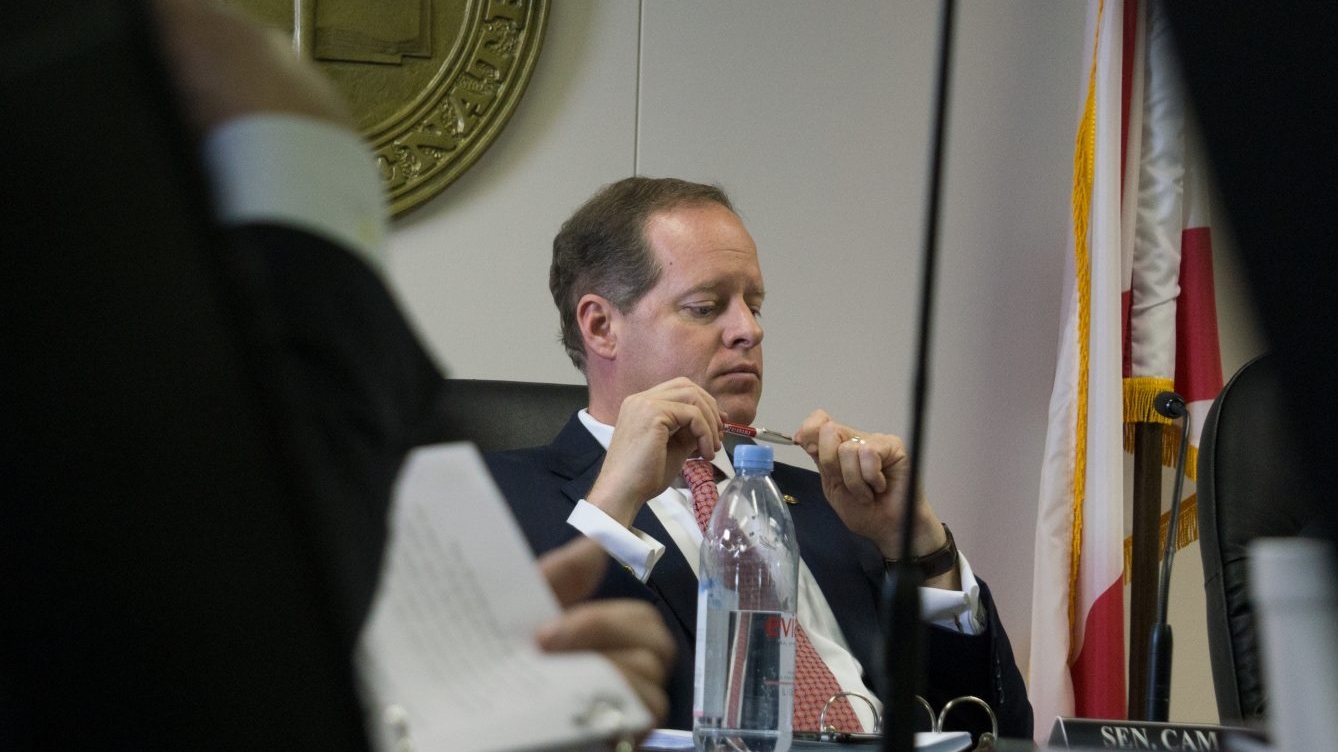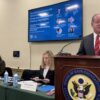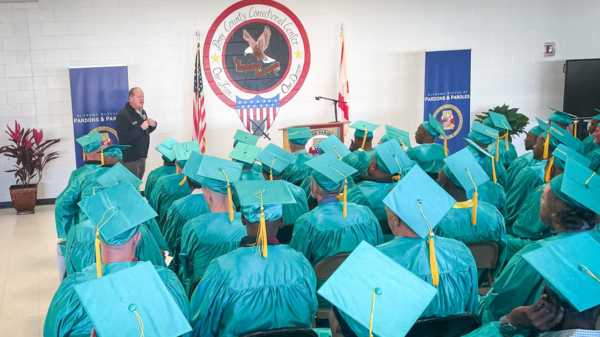The Alabama State Senate gave final passage to Senate Bill 163, a measure that removes many of the work restrictions that currently face people who have served the entirety of their prison sentence and paid full restitution.
The bill, sponsored by Senator Cam Ward, R-Alabaster, received bipartisan support, passing unanimously in the House and the Senate.
Ward said this bill is conservative justice reform that recognizes the dignity of work and he was thankful that his colleagues on both sides of the aisle were willing to support this bill.
“I want to thank my colleagues in the House and Senate, on both sides of this aisle,” Ward said. “We’re removing barriers for people who have already paid their debt to society, and who want to work hard and forge a new life for themselves and their families.”
There are currently 783 places in Alabama’s laws and regulations where citizens who have committed a crime are indefinitely barred from receiving various occupational and professional licenses.
A 2018 study conducted by the Prison Policy Initiative found that formerly incarcerated people are unemployed at a rate of over 27 percent, which is higher than the total U.S. unemployment rate during any historical period, including the Great Depression.
The study also found that formerly incarcerated people are almost five times more likely than the general public to be unemployed and that formerly incarcerated people of color and women face the worst of these labor market disadvantages, despite being more likely to be looking for jobs.
Ward’s legislation allows a person who has served their full sentence and paid all restitution to petition a judge to obtain an order of limited relief. Once the order of limited relief is obtained, an occupational licensing board or commission is prohibited from automatically denying certification to someone with such an order. The board is required to conduct a fair hearing and consider the merits of the petitioner’s case.
Ward said the issue of employment is just one of many obstacles that face formerly incarcerated people once they are released to rejoin society.
“Frankly, this is part of a larger problem where we have too many layers of bureaucratic licensure requirements, many of which seemed designed to create barriers to entry for aspiring workers, rather than actually protecting consumers,” Ward said. “Once justice had been served, these citizens deserve every opportunity to find employment, support their families, and contribute to society.”





















































